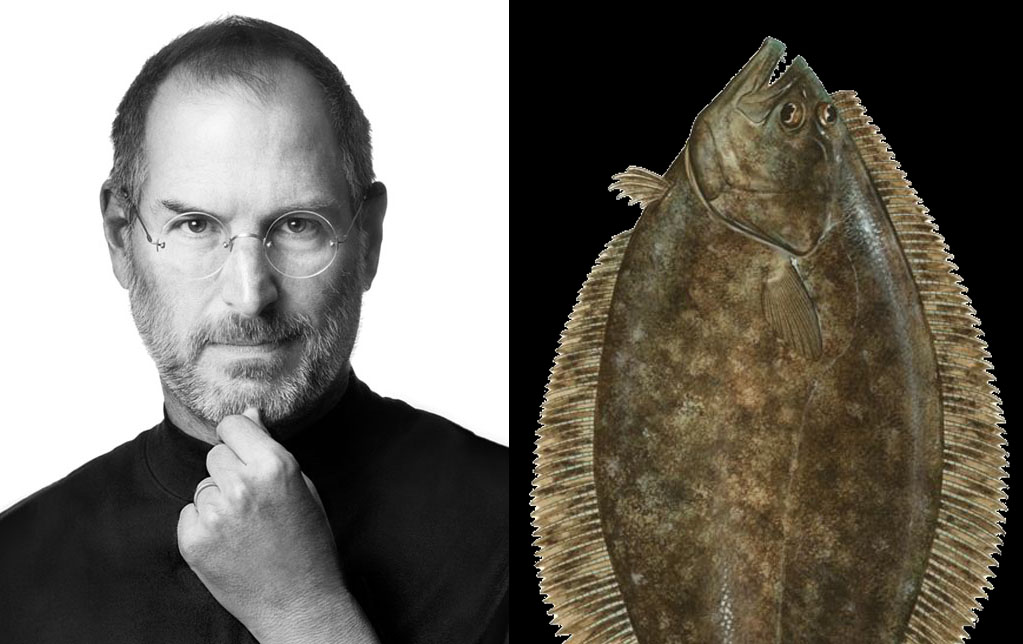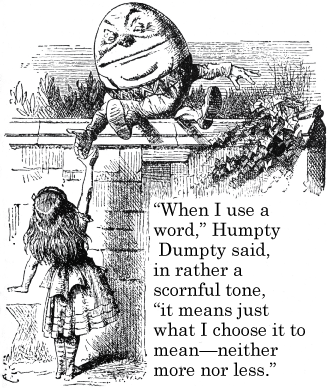We posed another question on Facebook:
Brexit is another hastily-contrived portmanteau, followed, I see, by a theoretical “Grexit.” But what if Germany leaves? Will it be a “Gexit” or “Dexit”? How about the Netherlands or Italy? Here’s your challenge, which will be featured in a Lexicide article: come up with portmanteau “leave” terms for each EU state. No points for “Finnish.”
The responses, like the Brits’ feelings over Brexit, were quick and strong. Erica, a Virginia-based designer, said: Czexit is really easy, but Czecede is fun. (Tom, an LA-based engineer, gleefully called out Czech, please!) Erica continued: Obviously, Latvacate. Goland? Andy, the Floridian pilot contributed Adiostria and Greeced Lightnin’. Gary, a playwright in NYC, offered Italeave, Latervia, and Belgone. Cannady, a NASA technical writer, wondered whence Lithuoutahere, Portugo, and And-out-the-dora before realizing Andorra is not in the EU. Erica came back with Republic of Byeprus, eliciting howls of derision from Otto, who wonders why the EU even admitted Cyprus, which is both geographically and politically of dubious European provenance.
So we had some fun playing with portmanteaux before Scott and Scott, both from Los Angeles and now banned from Lexicide (if I can figure out how), devolved the thread into a pun war involving defunct non-EU European nation-states. Fortunately, Lylah, a regular contributor and news magazine editor, pointed us to this Quartz article, but not before positing Outaly, The Neverlands, and Irelend.
And with that, we now make our Lexit.
Quartz: Possible names for EU exits for all members of the EU
Lexicide: The Portmanteau Word: It’s like a Turducken*!
Lexicide: From Slate.com: Death to “Bridezilla!”
Like our Facebook page!











